BOJ-IMES special trialogue
Research at Central Banks
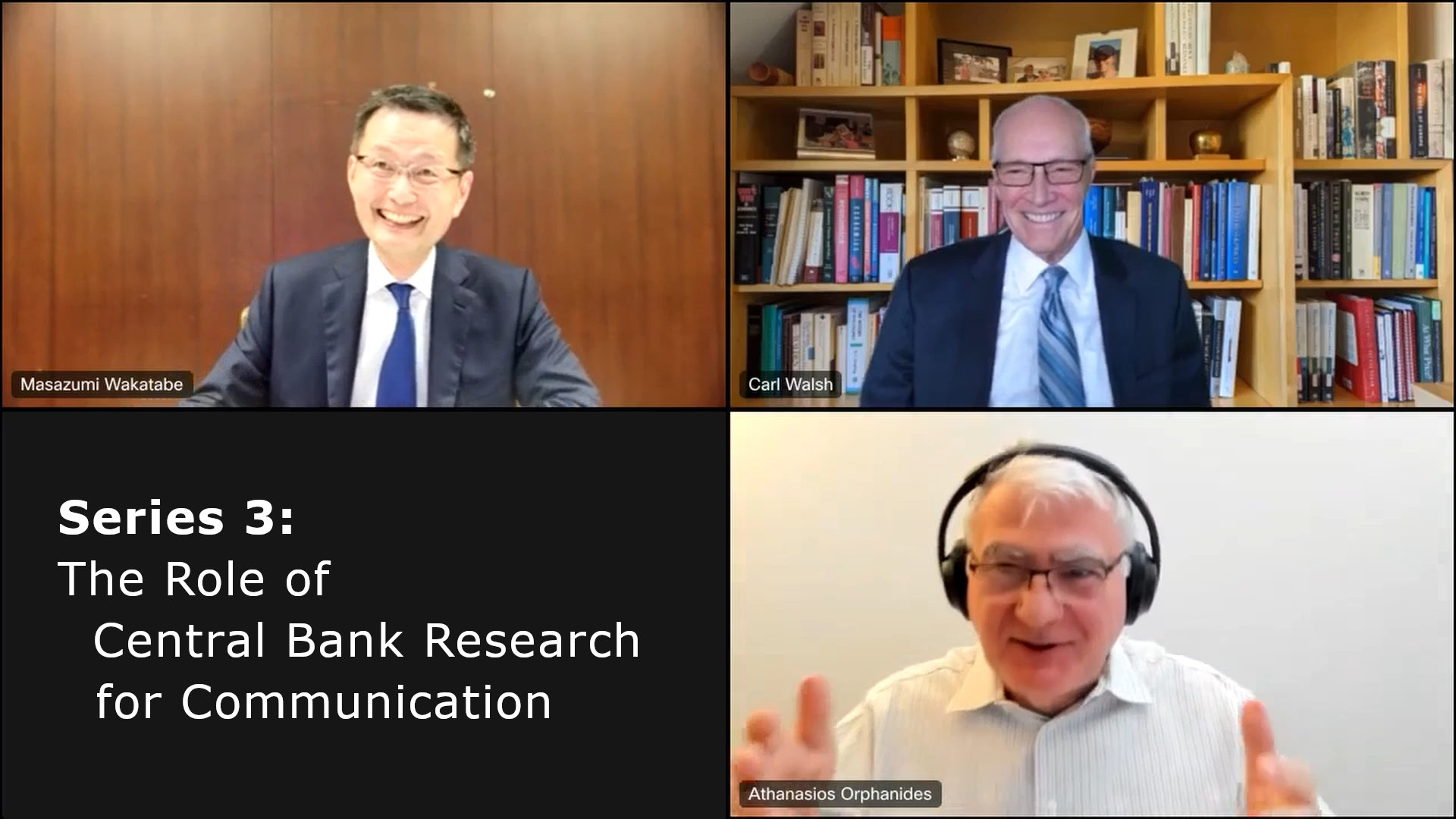
Series 3: The Role of Central Bank Research for Communication
-
Series 1: Interactions between Central Banks and the Academic Community
-
Series 2: "Art versus Science" in the Conduct of Monetary Policy
Series 3: The Role of Central Bank Research for Communication
- To "Research at Central Banks" Top Page
In the third and final newsletter of the trialogue between Professor Walsh, Professor Orphanides and Deputy Governor Wakatabe, their discussion turned to how research at central banks can help communication with the general public.
The discussion highlights the importance of international interactions for advancing research and policymaking.
An important role of central bank economists for communication purposes
Wakatabe (Deputy Governor of the BOJ) So far, we have talked about and agreed upon what is essential for central bank economists to understand theory, data and their applications to policymaking.
Another important element of the conduct of modern monetary policy is communication and many central banks have been devoting much effort to improving communication and transparency. In what ways do you think central bank research is relevant to or useful for communication purposes?
Orphanides (MIT Sloan School of Management) Yes, I believe communication is another very important reason to have people inside the central bank who understand the latest academic studies, even when they are not directly practicable for the policy debate.To promote its mandate, the central bank needs to engage in communication and explain what it's doing and why.
From time to time, the central bank may face questions from the academics and public, "Why are you doing this?" or "You should do something else." This is partly because academic research often involves simplification as we have discussed, and because of that simplification, those studies may suggest that some policies don't make sense.
So, the central bank has to explain what it is doing and why it is operating in a specific way. But to effectively respond to these public debates, it's very important to have central bank economists who understand academic research and translate that into the language that is understood by the community.
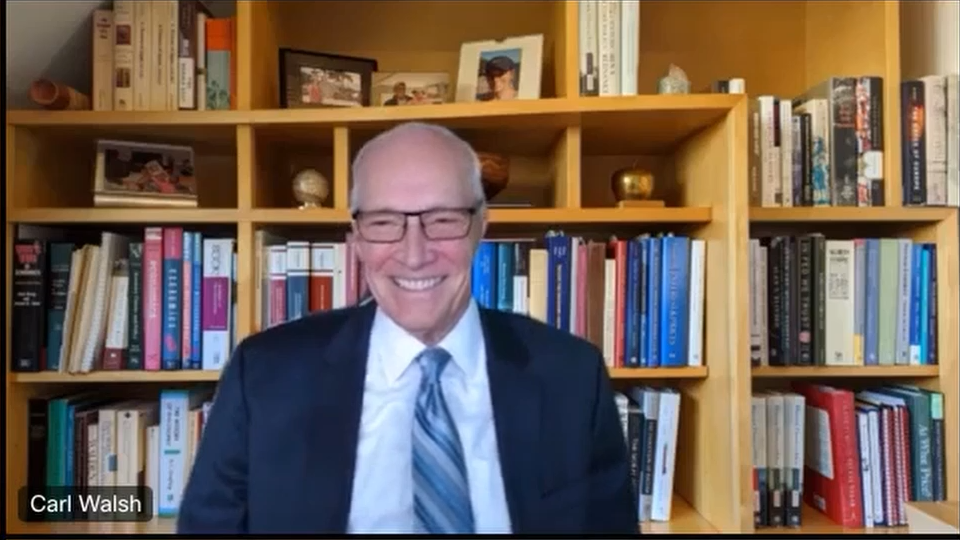
Distinguished Professor Emeritus
University of California, Santa Cruz
Walsh (University of California, Santa Cruz) "Keeping it simple" is a useful mantra to keep in mind whenever you are writing or speaking.
I think one of the major contributions of inflation targeting was exactly in allowing central banks to have a framework by which they could explain their policy in fairly clear terms. That is, people could understand what inflation was and why keeping inflation low was desirable. And then, if you can frame your discussions in terms of how what you are doing contributes to your objective of achieving low and stable inflation, I think it helps to keep things simple.
Monetary policy nowadays is incredibly complicated, so there is always a risk that people can't capture the complexity of the issues.
Another important thing in communication is don't oversell what you can achieve. As Athanasios pointed out earlier, there is a lot of uncertainty involved. You don't know exactly what's going to happen next month or quarter, and that's going to influence what you have to do in the future. Conveying all that complexity is difficult, but central bankers really have to try to do it.
Orphanides Let me press the point Carl was making. I want the central bank staff and the researchers to distill something understandable by the public, by households, by businesses.
Within the community of researchers, we use a lot of jargon that we understand with each other. But, for effective communication to the general public, you need to use plain English and plain Japanese, as opposed to technical English and technical Japanese.
A very useful aspects of research inside the central bank is to help policymakers simplify the messages, help translate to plain language. This is incredibly difficult to do well and I think we can improve quite a bit by putting more resources on that.
Walsh I agree. How you communicate to the non-economist audience is an important matter and this links back to our earlier discussion about data on people's expectations.
I think having better information about how expectations are being formed in different groups of the population could be very useful for policymakers in tailoring the way they communicate and speak to different groups.
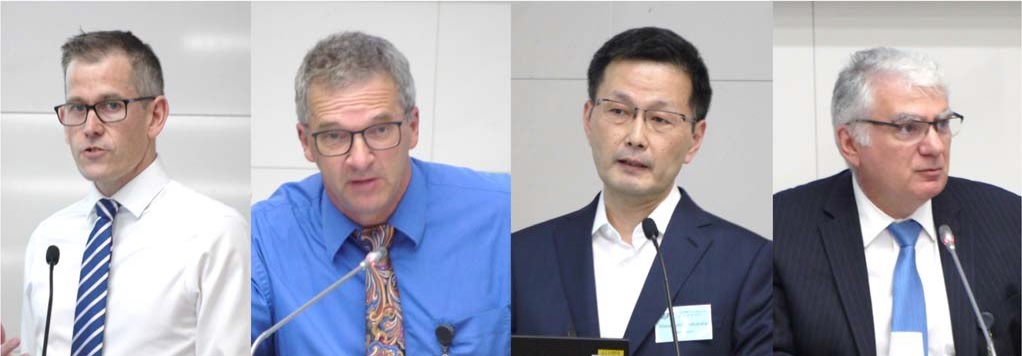
I mean, there may be insights into how to frame the issues you want to get across differently, rather than making the same outlook speech for everybody. There would be big differences between, say, financial market participants in New York versus the Chamber of Commerce in the town of Santa Cruz, California. So, if you get a better understanding of what people focus on and how they are forming expectations, it can help you in communicating clearly to all the different audiences who are interested in the consequences of monetary policy.
Drawing lessons from other countries
Wakatabe That's an interesting idea. Thank you very much. Central bank economists should be not only good translators but also good communicators.
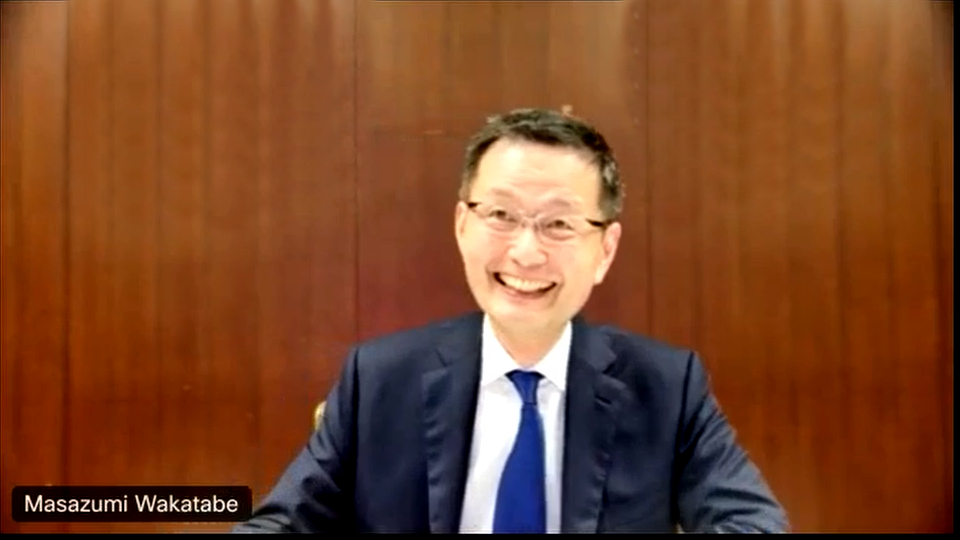
Deputy Governor
Bank of Japan
My understanding is that during the Fed Listens program,[15] people at the Fed were quite surprised that many people don't actually distinguish between nominal and real variables, but anyway they don't like inflation at all. So, they expect a 5% nominal wage growth rate and they also want a 0% inflation rate.
We have to deal with this kind of public perception when we want to conduct our policy. Perhaps survey data and all sort of the heterogeneity of the agents could help us enhance our communication strategy as well.
So, this example tells us that policymakers can learn a lot by communicating with the general public in their own country. And I think that's true of international interactions as well.
Orphanides Indeed, international interactions are useful. Meetings at the BIS (Bank for International Settlements) in Basel are a good example.
When financial stability issues are discussed, one question is always "What are the best practices for ensuring financial stability?" There are some elements that are common across economies, but there are other elements that depend on the specifics or the structure of each economy.

It is incredibly valuable for each central bank to effectively understand the characteristics of their own economy and then discuss with policymakers and researchers in other central banks their experiences to distill the lessons. This helps identify best practices and build the global regulatory framework.
Walsh We saw a similar example in the early work on the zero lower bound of nominal interest rate. A lot of the contributions were made by economists in or from Japan because it was a relevant issue for Japan when the rest of the world thought it was not something they needed to worry about[16].
It is often the case that one country faces problems that may then become relevant for policymakers in other countries.
This is one of the reasons why it is important to have an international community of economists that can communicate and share experiences, both on the academic and the policy research sides.
Orphanides I agree with Carl. When we see challenges, quite often they share commonalities. So, it's very important to learn from experiences in countries where the challenges were faced earlier.
The zero lower bound is a prominent example. Japan was the first country where the central bank faced this issue in the post-Second World War period.
Walsh But, I'd like to point out one caveat. The academic literature in economics is dominated by publications in the English language and the models are primarily motivated by and applied using data from the U.S. Even for the U.S., they are very highly stylized.
This means that one of the important roles that economists play in central banks outside, say, the Fed and the ECB, is in thinking about whether models in the literature are appropriate for individual countries.
In case of Japan, you can't just assume that a model that's fitted or calibrated to U.S. data is going to be the right framework to draw policy recommendations. This is even a larger issue for countries outside the U.S., EU or Japan. So, it's important to have researchers at a central bank who can think about how those models may or may not be appropriate for individual countries.
At the same time, a country like Japan has domestic issues that may be relevant for monetary policy which American economists are not going to be working on. This is why it's very important for Japanese economists to be working on these issues.
<Next page: Contributions from the Japanese research community>
Contributions from the Japanese research community
Wakatabe Sure. Carl has nicely made a transition to my next and last question. I'm wondering what BOJ economists can do to enhance communication to a non-Japanese audience, and what would be interesting research topics originating from Japan.
As both of you mentioned, the zero lower bound is an example but there may be other topics that would interest a non-Japanese audience.
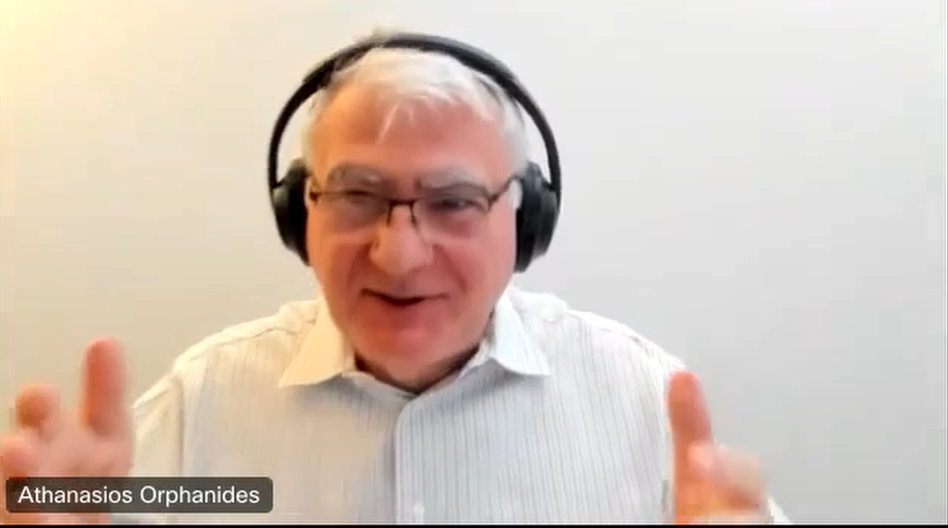
Professor
MIT Sloan School of Management
Orphanides Yes, the zero lower bound is definitely a good example and we continue to draw lessons from the Japanese experience.
Another quite important issue right now, where again Japan is at the forefront, is the challenges associated with an aging population and how such demographics affect dynamics of labor markets.
Regarding data, I would like to say a word about the Tankan survey.[17] It's such a rich and useful survey that other central banks should draw lessons from it. I started using this survey to assess business conditions in Japan already in the 1990s, when I was at the Fed.
But I want to reiterate, when it comes to understanding how people think, how they perceive the economy, we can use more information from surveys than we currently have.
Walsh During our previous discussion on data, I emphasized the usefulness of the information on the distribution of people's expectations of inflation. And it's one of the areas where Japan has done quite a bit.
For example, Japanese economists at the BOJ have done analysis on surveys of expectations using textual analysis techniques.[18] That research tries to reveal what respondents think they are responding to when they are asked a question, which is always a big issue. I think this should be interesting to a much wider audience.
Wakatabe That is encouraging.
Orphanides In addition to conducting research, IMES contributes to the community by hosting the annual international conference.[19] I find the conference a very successful forum for bringing together people from both the research and the policy side and have interactions between the staff at the BOJ and those who come.
Wakatabe Yes, I agree. I also participated in the policy discussion panel session of the conference, sometimes as a moderator and other times as a panelist. From my experience, it's a fantastic opportunity to exchange views with distinguished policymakers and researchers.
Orphanides I also enjoyed today's discussion. But I wish we could have done this in-person. We are missing casual coffee break chats and discussions at the margin of the conference proceedings.
Walsh In-person interactions are very important. COVID-19 forced the cancelation of the 2020 annual international conference, and 2021 and 2022 were held virtually. It will be great to have an in-person conference next year [2023].
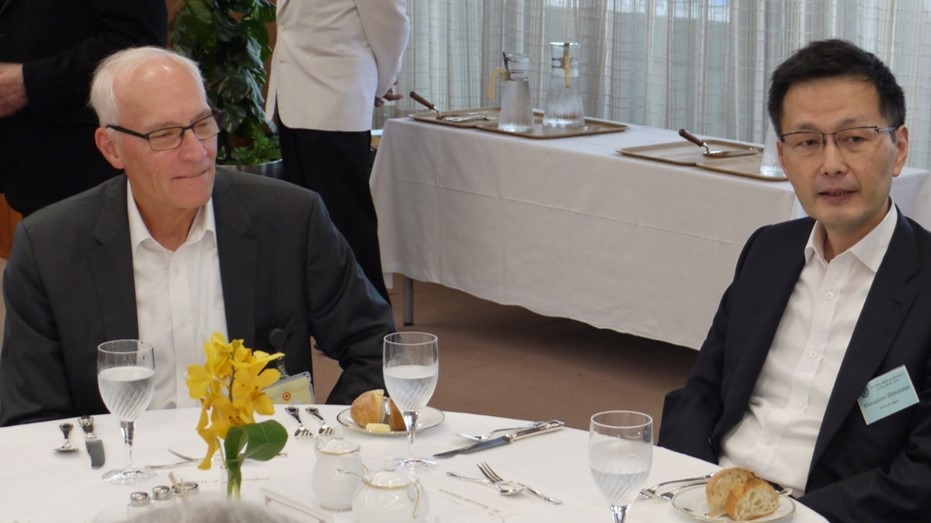
Wakatabe I wish we could have had conferences in-person over the past couple of years, but we are going to have an in-person conference in 2023, for sure. We will really miss you, Carl, as you are retiring from your position as Honorary Adviser to the IMES at the end of this year [2022], but on behalf of the BOJ, I would like to thank you for your invaluable support and contribution to the IMES.
And thank you very much for all the wonderful discussions. We had a really good exchange of views on various important topics about monetary policymaking and research. We hope we can meet in-person soon, but for the moment, have a good rest of the day!
<Fin.>
Notes
- Under the Fed Listens initiative, the Federal Reserve held 15 events to listen to a wide range of organizations from union members, small business owners, retirees, among others. See the following webpage for detailed information. https://www.federalreserve.gov/monetarypolicy/review-of-monetary-policy-strategy-tools-and-communications-fed-listens-events.htm [15]
- As an example of an early study of the zero lower bound that Japanese economists contributed to, see Jung, Taehun, Yuki Teranishi and Tsutomu Watanabe (2005) "Optimal Monetary Policy at the Zero-Interest-Rate Bound," Journal of Money, Credit and Banking, 37(5), 813-835. [16]
-
The Tankan (Short-Term Economic Survey of Enterprises in Japan) is a quarterly survey conducted by the Bank of Japan. It currently surveys around ten thousands private corporations in Japan for a number of items including judgmental items (e.g., business conditions, supply and demand conditions, change in input and output prices) as well as annual projections of major financial variables (e.g., sales, current profit, fixed investment). It also introduced a new survey category regarding the firms' inflation outlook in 2014.
For the results of survey and more detailed information, see https://www.boj.or.jp/en/statistics/tk/index.htm [17] -
See e.g., Nakajima et al. (2021) and research on the Tankan survey of firm’s inflation expectations (Uno, Naganuma, and Hara, 2018a, 2018b; Inatsugu, Kitamura, and Matsuda, 2019).
Nakajima, Jouchi, Hiroaki Yamagata, Tatsushi Okuda, Shinnosuke Katsuki, and Takeshi Shinohara (2021) “Extracting Firms' Short-Term Inflation Expectations from the Economy Watchers Survey Using Text Analysis,” Bank of Japan Working Paper Series, No.21-E-12.
Uno, Yosuke, Saori Naganuma, and Naoko Hara (2018a) “New Facts about Firms' Inflation Expectations: Simple Tests for a Sticky Information Model,” Bank of Japan Working Paper Series, No.18-E-14.
Uno, Yosuke, Saori Naganuma, and Naoko Hara (2018b) “New Facts about Firms' Inflation Expectations: Short- versus Long-Term Inflation Expectations,” Bank of Japan Working Paper Series, No.18-E-15.
Inatsugu, Haruhiko, Tomiyuki Kitamura, and taichi Matsuda (2019) “The Formation of Firms' Inflation Expectations: A Survey Data Analysis,” Bank of Japan Working Paper Series, No.19-E-15.
The BOJ has been conducting various research using alternative data and machine learning techniques including textual analysis techniques. A list of these studies is available at https://www.boj.or.jp/en/research/bigdata/index.htm [18] - The IMES has held the BOJ-IMES conference since 1983. For more information, see https://www.imes.boj.or.jp/en_conference.html [19]
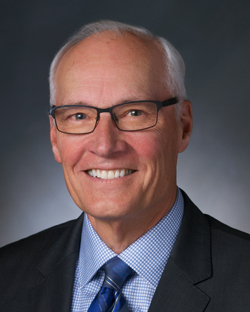
Carl E. Walsh is a Distinguished Professor of Economics Emeritus, University of California, Santa Cruz. Before joining the University of California, Santa Cruz, he served as a senior economist at the Federal Reserve Bank of San Francisco. His fields of research are monetary economics and central banking. He is the author of Monetary Theory and Policy (Fourth edition, MIT Press, 2017). He holds a Ph.D. in Economics from University of California, Berkeley. He served as an Honorary Adviser to the Institute for Monetary and Economic Studies, Bank of Japan between 2019 and 2022.
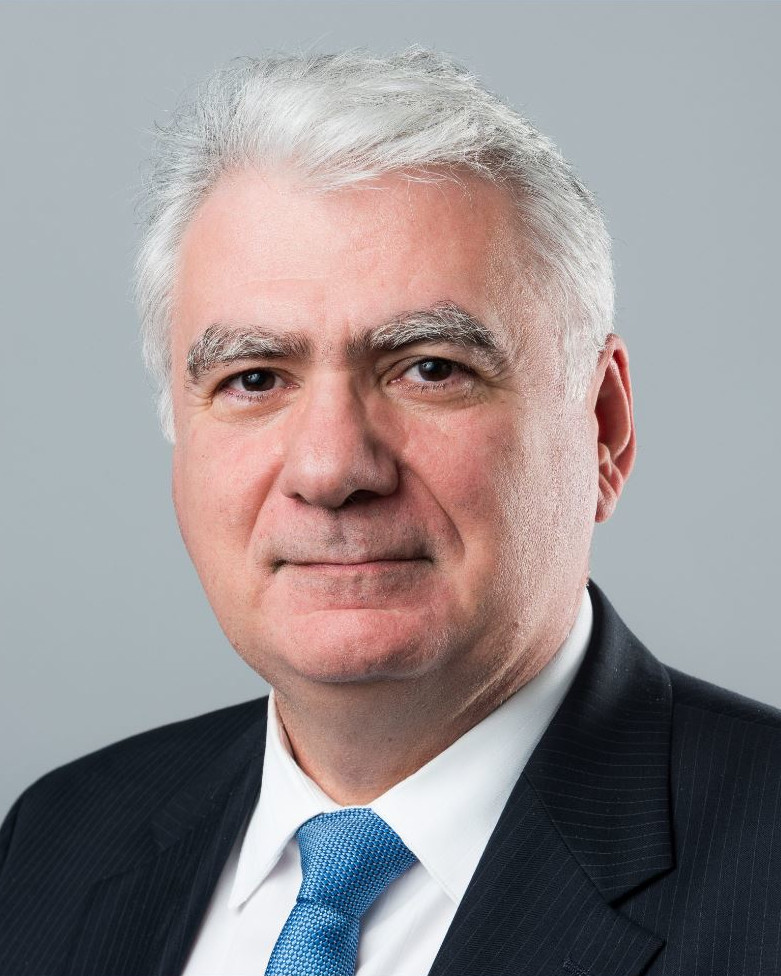
Athanasios Orphanides is a Professor of the Practice of Global Economics and Management at the MIT Sloan School of Management. From 2007 to 2012, he served as Governor of the Central Bank of Cyprus and was a member of the Governing Council of the European Central Bank. Following the creation of the European Systemic Risk Board in 2010, he was elected a member of its first Steering Committee. Earlier, he served as Senior Advisor at the Board of Governors of the Federal Reserve System, where he had started his professional career as an economist. His research interests are on central banking, finance, and political economy and he has published extensively on these topics. He holds undergraduate degrees in mathematics and economics as well as a Ph.D. in economics from MIT. He has been serving as an Honorary Adviser to the Institute for Monetary and Economic Studies, Bank of Japan since 2018.

Masazumi Wakatabe is a Deputy Governor of the Bank of Japan. Prior to joining the Bank of Japan, he was a Professor of Economics at the Faculty of Political Science and Economics at Waseda University from April 2005, and also a visiting scholar at the Center on Japanese Economy and Business of Columbia Business School from March 2017 to February 2018. He wrote extensively on economic crises such as the Great Depression, and his books include Japan's Great Stagnation and Abenomics, published in 2015. He holds a B.A. in Economics from Waseda University, and a M.A. in Economics both from Waseda University and from the University of Toronto.
- This trialogue was held in the mid November, 2022. The titles and information in this newsletter are as of the time of the trialogue.
- The views and opinions expressed in these newsletters are those of the speakers and do not necessarily reflect the official views of the organizations to which they are or used to be affiliated.
- " Basel - Bank für internationalen Zahlungsausgleich1.jpg ” (the picture of the headquarter of the Bank for International Settlements on page 2) by Taxiarchos228 is licensed under Licence Art Libre Free Art License 1.3 .